ECE master’s student Conner Stevons completed a remote internship at the NASA Glenn Research Center where he worked on Marconi 2.0, NASA’s plan to bridge quantum technology with a telecommunications system.


ECE master’s student Conner Stevons completed a remote internship at the NASA Glenn Research Center where he worked on Marconi 2.0, NASA’s plan to bridge quantum technology with a telecommunications system.
Story by Colin Barras
The post The Future of Lasers appeared first on Michigan Engineering News.
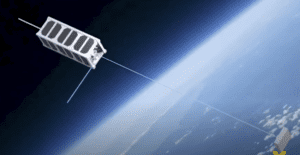
Mi-TEE (Miniature Tether Electrodynamics Experiment) is a University of Engineering project directed by Prof. Brian Gilchrist that aims to test the tethering technology in space.
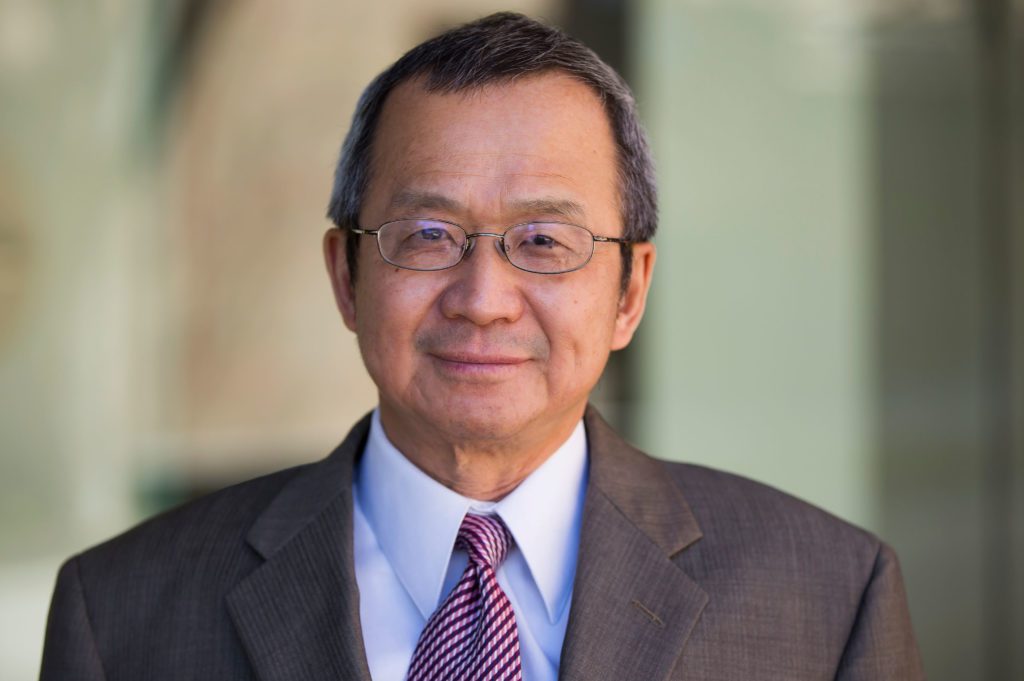
A professor of electrical engineering and computer science is awarded one of engineering’s top honors.
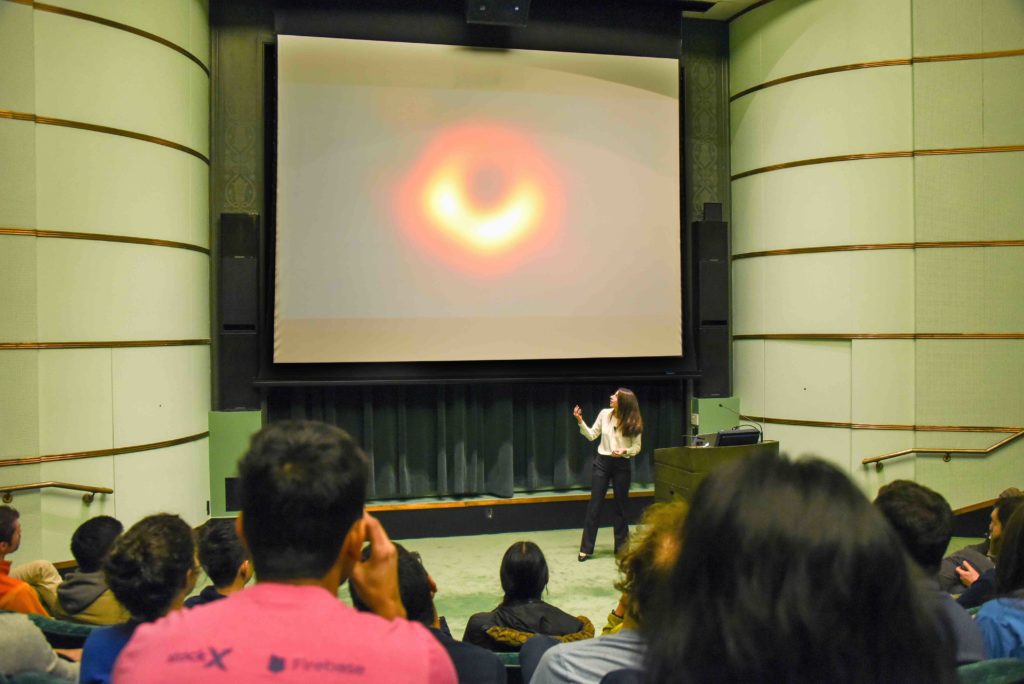
Speaking to a full house in Rackham, Dr. Katie Bouman – Michigan ECE alum – explained the history and science of the project that gave us the first ever photo of a black hole.
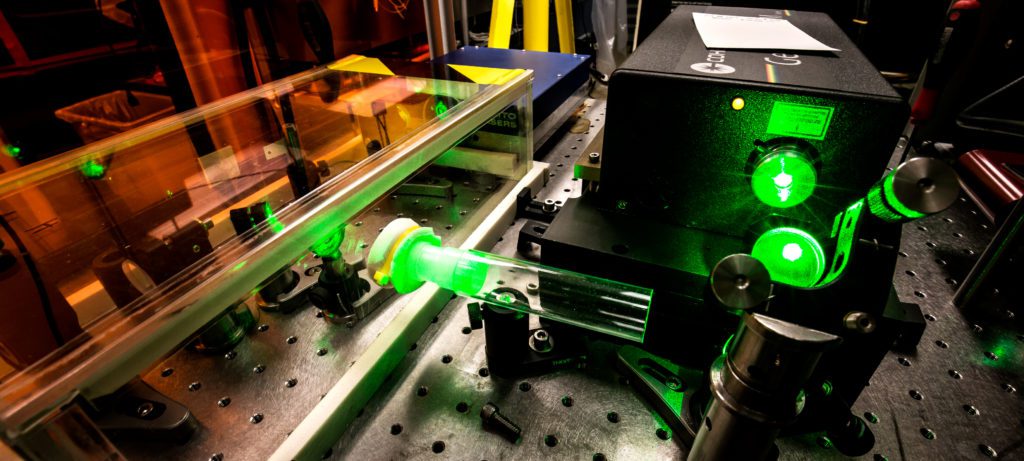
The three-petawatt system could unlock secrets of the universe, advance cancer treatments, improve security screenings for nuclear threats, and much more.
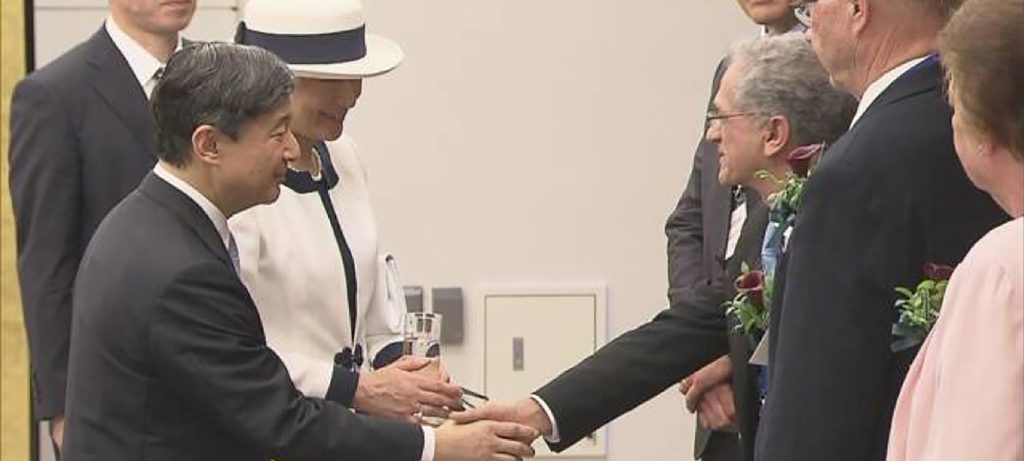
Predicting future disasters is an important goal of those participating in the IEEE Geoscience and Remote Sensing Symposium
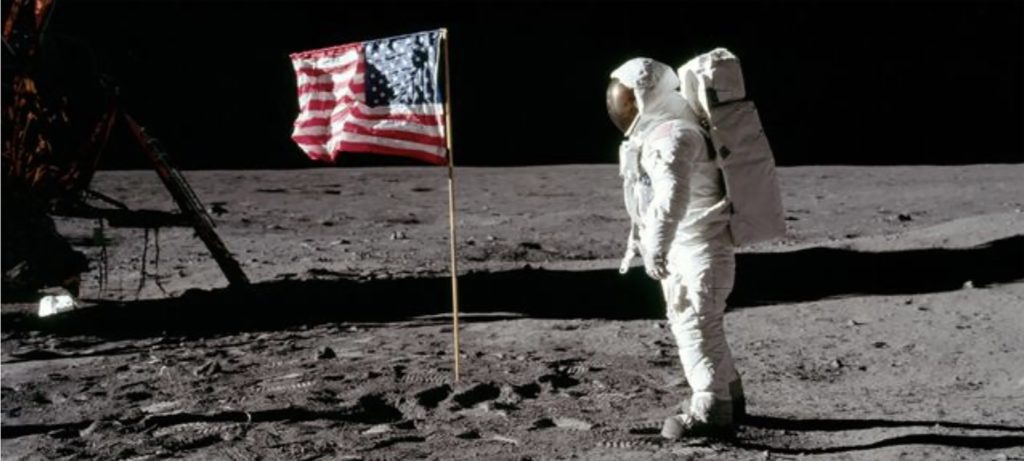
For the 50th anniversary of the Apollo 11 moon landing, U-M ECE takes a look back – and a look forward – to how our professors, students, and alums have made their mark on the field.

Willingale’s research in plasma physics advances many research areas from spectacular astrophysical phenomena to cancer treatment to fusion power.
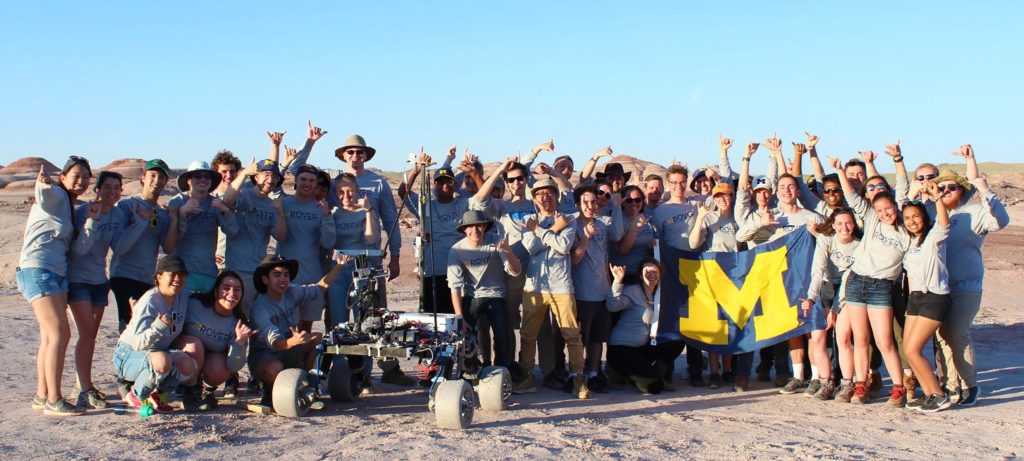
MRover placed 7th overall at the annual challenge where rovers use AI to navigate tough terrain while collecting soil samples to practice testing for evidence of life in the universe.